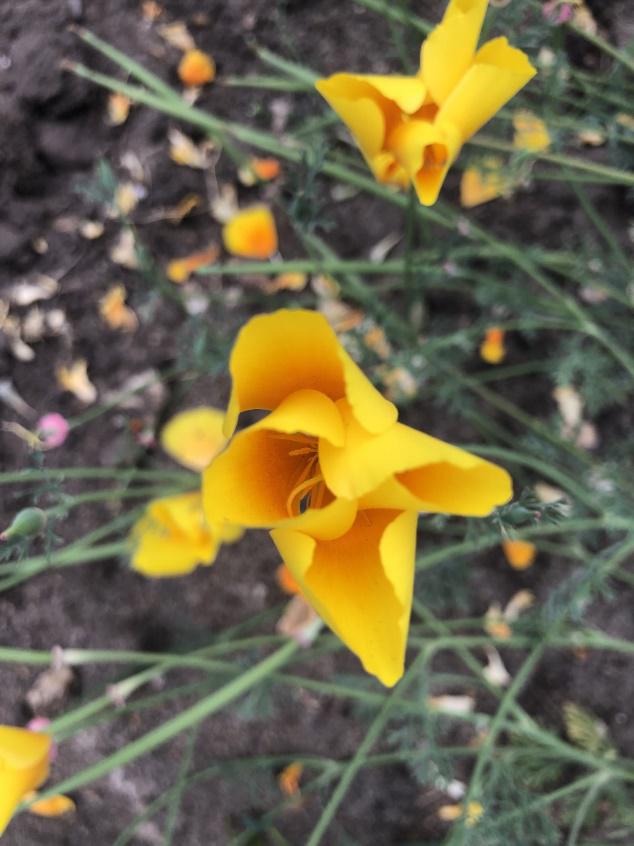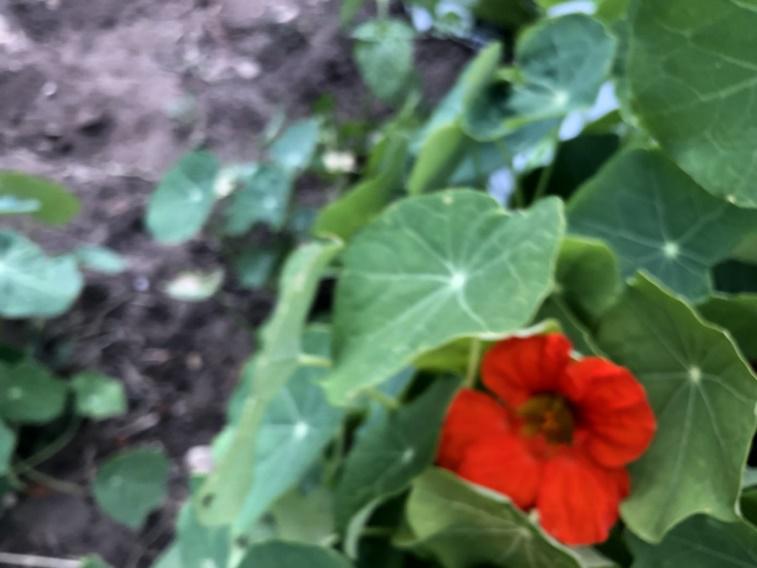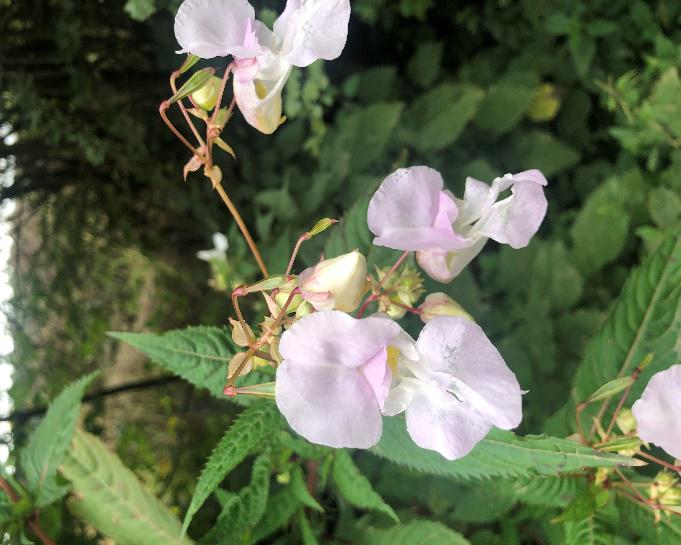AUGUST 2023
Well what a wash out July was – terrible weather but maybe better than the extreme heat being experienced in southern Europe I guess… although I am beginning to yearn for a dry spell! I hope your colonies survived. From having a huge spring crop of honey, I think my hives have actually gone backwards with the lack of opportunity for the bees to forage, and many mouths to feed. I passed my hives a couple of days ago in the rain to see a row of bleak faces peeking out of the hive entrance, staring out into the rain. Yesterday was dry at least, and they were all coming back in with the tell-tale signs of Himalayan balsam – “ghost” bees!
I always find August a joy. Swarming season is over (probably……) and I take a more relaxed approach to my bees. I know they are all queen right, I have been monitoring varroa, I can see them bringing in pollen. If the weather is not suitable, I omit the once a week routine checks. They don’t like the rain and I find that if I check them when it is too hot, they are just irritable, and who can blame them – there I am exposing the hive to that heat when they are trying to keep the hive temperature as it should be! The main concern for me is to make sure they have enough space, so as a minimum, I check the top super to see how full it is and if in doubt, add another super! With the start of the Himalayan Balsam, the blackberries and the heather coming into bloom, there is certainly scope to bring in more stores if the rain will just stop long enough for the foragers to get out.
In the last couple of days I have put doors in the hives in my garden to help them guard the colony, because I have noticed a few wasps around. I have also started thinking about which colonies are on the small side – I have just used the newspaper method to combine two smaller colonies in the hope that the larger colony is more likely to survive the winter rather than two smaller ones.
Over the next couple of weeks, I shall start thinking about extracting. After extracting I will put the supers back on the hives for them to clean up the comb and I will monitor the hives to make sure there is enough honey for them for the winter. Then comes the annual Apiguard, which is the only varroa treatment I give my colonies.
What is going on in the hive?
The queen will be laying still but these bees will take the colony through the winter. Winter bees have well developed fat bodies, enabling them to live much longer than the summer bees. It is important at this time of year to make sure that the hive is set up to succeed – disease free, low varroa mite, plenty of stores, large enough in numbers to keep the colony going. So when you are next checking your hives, ask yourself whether they tick the boxes to make sure they are in the best possible place to go into winter.
Check the larder
My garden is full of colour still because of the rain, lots of oregano, nasturtium, Californian poppy, Agapanthus, and Rudbeckia, plus beyond the garden is Himalayan Balsam, and heather. So plenty of forage still if the bees can get to it.
Enjoy your bees!





